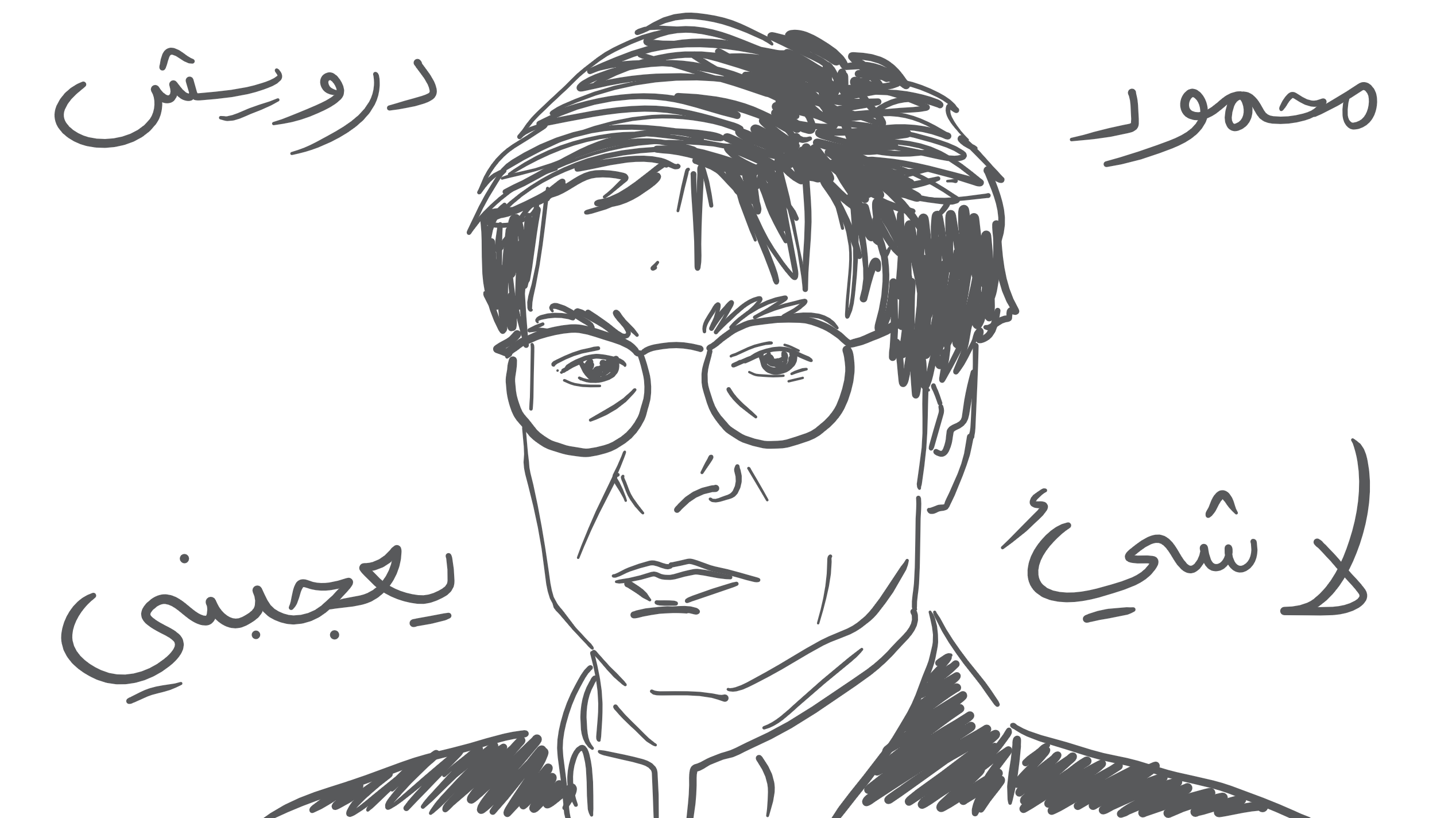Nothing Pleases Me لا شيءَ يُعْجبُني A Poem by Mahmoud Darwish Part Two Posted by yasmine on May 19, 2021 in Arabic Language, Poetry
Welcome to part two of this post where we continue to analyze the poem لا شيءَ يُعْجبُني by محمود درويش.
Listen and read the poem again. What do you recall from last week’s post? What information do you remember about the poet محمود درويش?
🎇لا شيء يعجبني محمود درويش🎇
“لا شيءَ يُعْجبُني”
يقول مسافرٌ في الباصِ – لا الراديو
.ولا صُحُفُ الصباح، ولا القلاعُ على التلال
أُريد أن أبكي
،يقول السائقُ: انتظرِ الوصولَ إلى المحطَّةِ
وابْكِ وحدك ما استطعتَ
تقول سيّدةٌ: أَنا أَيضاً. أنا لا
،شيءَ يُعْجبُني. دَلَلْتُ اُبني على قبري
فأعْجَبَهُ ونامَ، ولم يُوَدِّعْني
يقول الجامعيُّ: ولا أَنا، لا شيءَ
يعجبني. دَرَسْتُ الأركيولوجيا دون أَن
أَجِدَ الهُوِيَّةَ في الحجارة. هل أنا
حقاً أَنا؟
ويقول جنديٌّ: أَنا أَيضاً. أَنا لا
شيءَ يُعْجبُني. أُحاصِرُ دائماً شَبَحاً
يُحاصِرُني
يقولُ السائقُ العصبيُّ: ها نحن
اقتربنا من محطتنا الأخيرة، فاستعدوا
…للنزول
،فيصرخون: نريدُ ما بَعْدَ المحطَّةِ
!فانطلق
أمَّا أنا فأقولُ: أنْزِلْني هنا. أنا
مثلهم لا شيء يعجبني، ولكني تعبتُ
.من السِّفَرْ
Nothing Pleases Me (Translation by Fadi Joudah)
Nothing pleases me
the traveler on the bus says-Not the radio
or the morning newspaper, nor the citadels on the hills.
I want to cry
The driver says: Wait until you get to the station,
then cry alone all you want
A woman says: Me too. Nothing
pleases me. I guided my son to my grave,
he liked it and slept there, without saying goodbye
A college student says: Nor does anything
pleases me. I studied archeology but didn’t
find identity in stone. Am I
really me?
And a soldier says: Me too. Nothing
pleases me. I always besiege a ghost
besieging me
The edgy driver says: Here we are
almost near our last stop, get ready
to get off…
Then they scream: We want what’s beyond the station,
keep going!
As for myself I say: Let me off here. I am
like them, nothing pleases me, but I’m worn out
From travel.
Before we continue our analysis, let’s answer more questions.
How many characters do we have in this poem, can you name them in Arabic?
كم شخصية لدينا في هذه القصيدة، هل يمكنك أن تذكرهم بالعربية؟
Who do you think is the soldier and who is the ghost?
من هو برأيك الجندي ومن هو الشبح؟
Why do you think the passengers refuse to get off at the last stop?
لماذا تعتقد أن الركاب يرفضون النزول في المحطة الأخيرة؟
What do the poet’s last words in the poem mean to you?
ماذا تعني لك كلمات الشاعر الأخيرة في القصيدة؟
Let’s continue from the third traveler; الطالب الجامعي the college student, until the end of the poem.
المسافر الثالث هو الطالب الجامعي الذي يدرس علم الآثار أو الحجارة التي تؤشر التاريخ لكنه لم يجد الهوية في الحجارة
فإن كان فلسطينياً فلماذا لا يتعرف على هويته في الحجارة وكل الدلائل الأثرية والتاريخية تشير لذلك؟ ربما لا قيمة للحجارة في تحديد هوية الفرد
The third traveler is a university student who studies archeology or the stones that indicate history, but he could not find identity in the stones. If he is a Palestinian, then why does he not recognize his identity in the stones? Perhaps stones have no value in determining the identity of the individual.
الجندي يحاصر أشباحاً تحاصره بالنهاية. يمكن أن يكون هذا الجندي من الجنود الإسرائيليين الذين يحاصرون الفلسطينيين لكن هؤلاء الفلسطينيين هم كالأشباح يراهم في كل مكان ويكون محاصراً بهم
The soldier is surrounded by ghosts who surround him in the end. Perhaps he is one of the Israeli soldiers who besiege the Palestinians, but these Palestinians are like ghosts. He sees them everywhere and is surrounded by them.
عند نهاية القصيدة يرفضون المسافرين النزول في المحطة الأخيرة وهي ترمز ربما للموت ويريدون أن يكملوا الحياة باستثناء الشاعر الذي تعب من السفر أو الحياة والذي يفضل الموت أو الراحة الأبدية
At the end of the poem, the travelers refuse to get off at the last stop, which may symbolize death and want to continue life, except for the poet, who is tired of travel or life and who prefers death or eternal rest.
ما هو تفسيرك الشخصي لهذه القصيدة؟
What is your personal interpretation of this poem?
I hope you have enjoyed reading قراءة, listening الاستماع, and analyzing تحليل this poem. If you would like to read more of Mahmoud Darwish’s poetry, there is so much accessible material online which will definitely increase your Arabic vocabulary on various topics مواضيع مختلفة.
Till next week, happy Arabic learning! ☺

Build vocabulary, practice pronunciation, and more with Transparent Language Online. Available anytime, anywhere, on any device.




